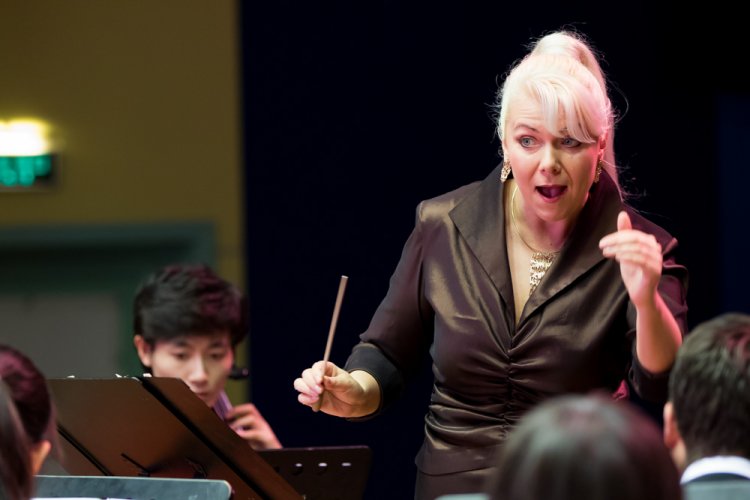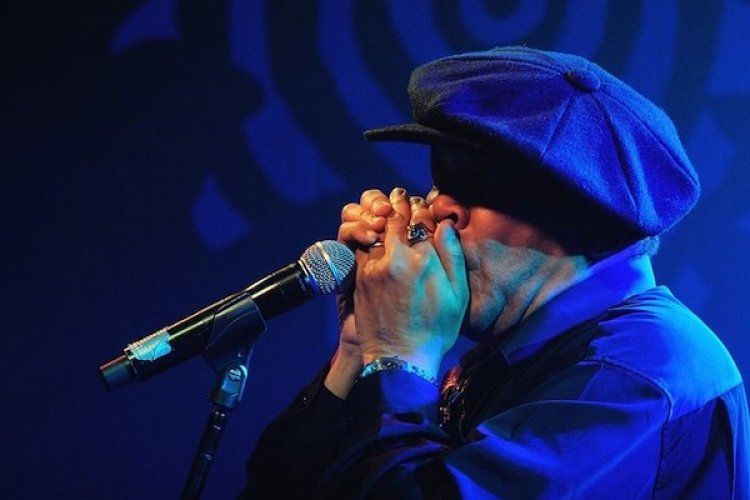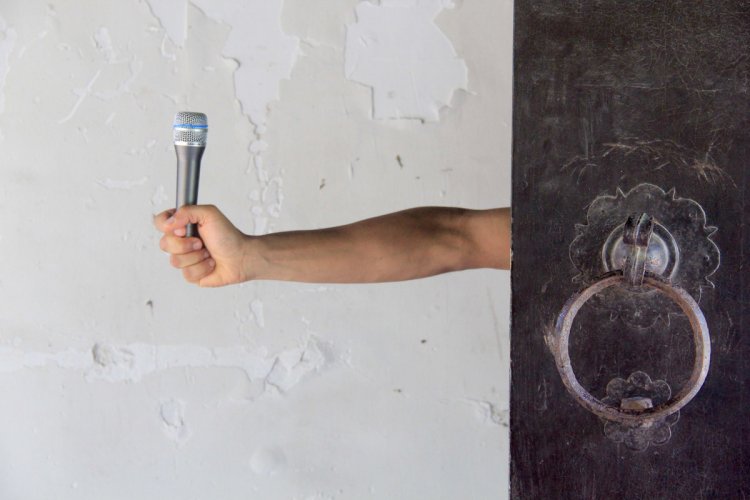Wellness Welcome: Dr. James Quinlan of the New Puhua Outpatient Clinic
Bringing an incredible record of medical experiences and tales to tell along with him (including no less than 3,000 jumps out of military airplanes), Dr. James Quinlan has come full circle around the globe to Beijing. After many years spent practicing medicine in Africa and the Middle East, Dr. Quinlan now leads and oversees operations of the newly opened Puhua Outpatient Clinic in Jinsong. Dr. Quinlan shares his thoughts with Agenda on the clinic’s mission, its unique position and standing in China’s health care system and his ambition to spearhead China’s health care services revolution through his clinic for the better.
How has your medical experience prepared you for your current work at Puhua Outpatient Clinic?
I have quite a diverse background; I originally studied to be a writer, then I worked for the U.S. government and the army. Eventually I received a medical degree and did advanced training in microsurgery, eye as well as plastic surgery. I’ve worked in university environments as well as private practices and military in many parts of the world, such as Africa, Iraq and Afghanistan. My experiences working in academics, with private medicine and in teams of government officials have given me a broad outlook on the international community and managing diverse teams.
What motivations led you to make the switch from writing to pursuing medicine?
I was always interested in biology. I had microscopes and little laboratory experiments going on in my room from a young age. I kind of went full circle to areas of art and literature, then to military service, intelligence work and medical training. Gradually, I’m coming to the point where I tie all these interests in my life together, finding a balance between medical and judicial work, as well as an appreciation for literature and culture in China. I’m also working on an autobiography.
How did your path lead you to work in Beijing?
There’s a love story here – my wife Li Jin is from Beijing and I moved from the states to be with her. In fact, this is my first time ever working in China. When I arrived, I was presented with this great opportunity with American Pacific Medical Group (APMG) to use my background in medicine to help the group meet the challenges of providing Western standard medical care not only to expats but also to the Chinese population here.
What is the mission of Puhua Outpatient Clinic?
Our mission is to provide and build onto the system of urgent care, primary care and family practice-type care. We are working to blend the strengths of Western and Chinese medicine together, developing a wellness program that uses TCM, psychological services and chiropractors for pain management.
What sets Puhua Outpatient Clinic apart from local clinics and Beijing’s other international clinics?
We are affiliated with the APMG, which has outpatient clinics and hospital services in Beijing and Shanghai. Being almost unique in China in having a clinic and a hospital division means that we can provide hospitalization if a patient walks into the clinic in need of emergency care. Also, since Tiantan Puhua is a joint venture between the two hospitals, we benefit from the venture as we can access Tiantan’s primary care services such as the dietary, neurology or TCM specialists. We can interact with the hospital such that resource-sharing goes a long way. Our rotating clinical and outpatient services renders us with a more nimble, interactive and flexible medical approach. We can offer multiple services on an outpatient level because we can bring in specialty doctors from the hospital and not have to turn patients away due to an otherwise lack in resources.
Do you see any potential in bringing a more intimate health care system akin to that in the West’s to China?
In fact, my real interest here in Beijing is to try to position our clinic to be ready for the China’s changing demographics. As Chinese people become more affluent and knowledgeable, they are going to be more selective in their health care service, and they will come to learn and experience the benefits of a more individualized approach to preventative primary care, of having a professional familiar with your background to take care of you. We are sure that the Chinese will become appreciative of the benefits of having a personal relationship with their health care providers and I would like to be there for them when they make that decision.
What is the relationship in terms of resource sharing between Tiantan Puhua Hospital and the Puhua Outpatient Clinic in Jinsong?
AMPG is a parent group, Tiantan Puhua hospital is primarily a neurological hospital with other specialties. What we will do is broaden the mission of the hospital by taking care of primary care needs, but also take care of secondary needs that we can manage for outpatients. That will help the hospital because as we develop patients here; eventually we will need to have the service in the clinic as well. Our clinic will grow through the hospital’s resources and we in turn will grow the hospital, making for a symbiotic relationship.
What are your impressions of TCM and your thoughts on the blending of Eastern and Western medical traditions?
What I see in TCM is in part what I see in the culture and the language. The common threads are built on integration, unity, moderation and balance. TCM is in its purest sense a wellness model, emphasizing balance in the spiritual and physical sides of the equation, the yin and yang.
The problem with the wellness model is that it doesn’t allow doctors to be focused and decisive, it is a slow process that treats the whole body. On the other hand, the western model is based on pathology so it addresses the specific disease when it strikes. Unfortunately, there’s no room for wellness, balance or happiness in Western medicine when all you are doing is extracting the disease.
Somewhere in the middle, you get the ideal, balanced equation with the Western primary care as well as a wellness model and preventative care. As we grow a larger definition of medicine, we want to develop a medical clinic for wellness, using both Eastern and Western models. I’m hoping we will have a chance to graft on to a developing medical model in this country some of the benefits of the Western systems, while preserving the richest elements of the Chinese wellness culture.
As Chief of Medicine of Puhua Outpatient Clinic, what do your duties entail?
We have three primary care doctors who will do most of the consulting and diagnosis. In addition, we have specialists for foot surgery, back care, traditional Chinese medicine, psychological counseling, dentistry and plastic surgery. My initial duties were to get our team up and running. I’ve been in Beijing for two months and our clinic opened on August 28th. I am responsible for the smooth operation of the whole clinic. Ultimately I end up working for everybody so that the patients are cared for in a responsible manner.
What are common ailments in Beijing?
Common ailments that people suffer from and thus pay visits to the doctor are pulmonary and metabolic diseases. We get our patients to feel better physically first, but in our wellness center, we also offer psychological counseling services, TCM and chiropractors for patients to achieve spiritual and psychological balance.
Any medical advice that everyone should keep in mind?
The Chinese have got it right with their emphasis on balance and eating and living in moderation. Preventative medicine is also important to keep in mind and in our daily routines, as science proves every time that there are ways to tune our bodies using herbs and supplements wisely. It’s easier said than done, but we should try to be happy, because you can’t make your loved ones happy if you are not – it’s hard to give away happiness that you don’t have, and that affects your health and those around you as well.
Taking a much further step back, I’d advise people to marry carefully and be much more attentive to child rearing than people in U.S. If we can make good children and raise them to be happy and healthy, that becomes a big part of the medical condition and is perhaps the first step to preventative care.
Puhua Outpatient Clinic Bldg 7B, Huatengyuan, Chaoyang District. (8773 5522) 朝阳区劲松桥东华腾园东门外乙7号楼






